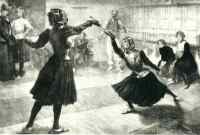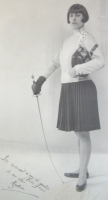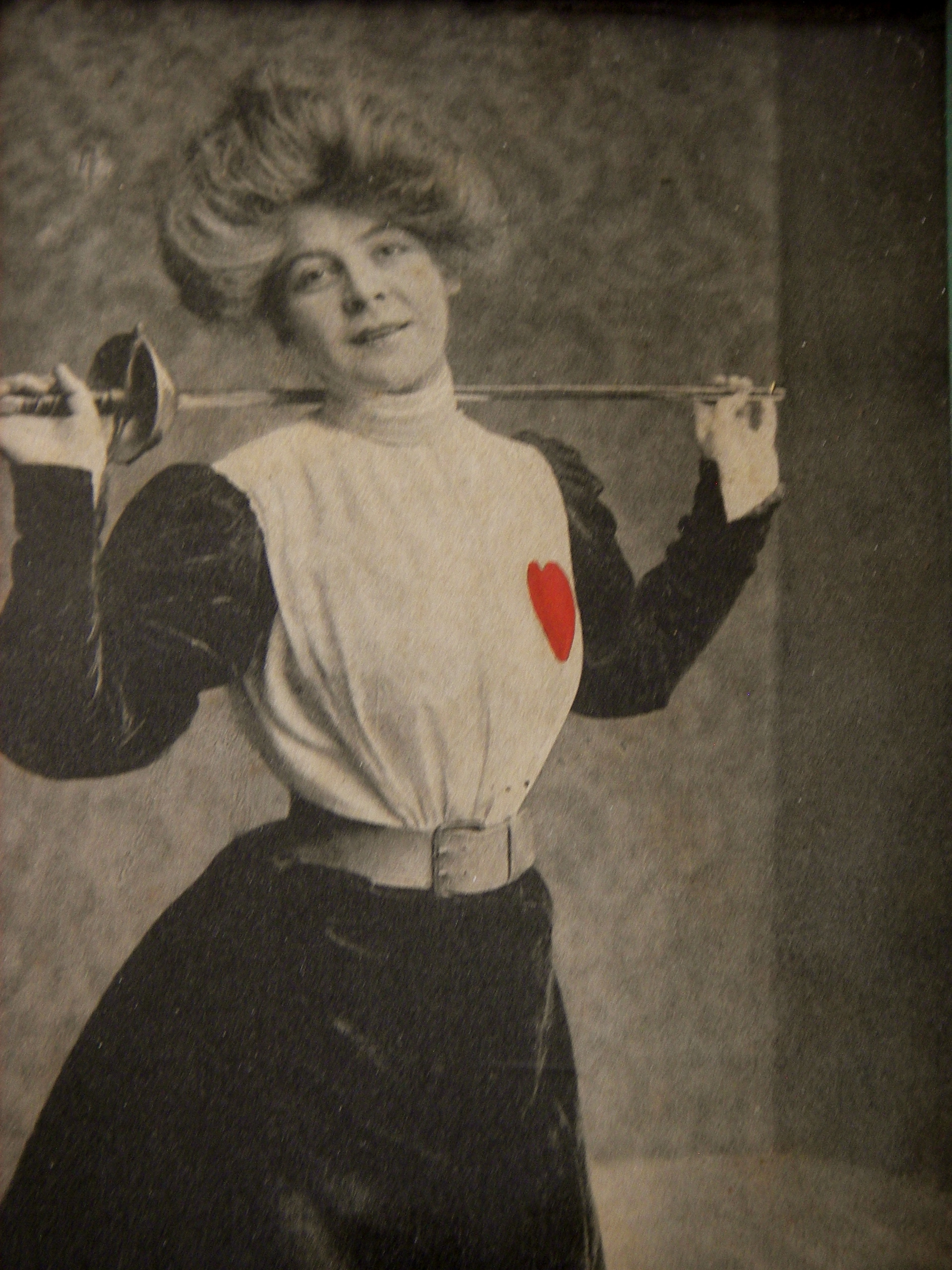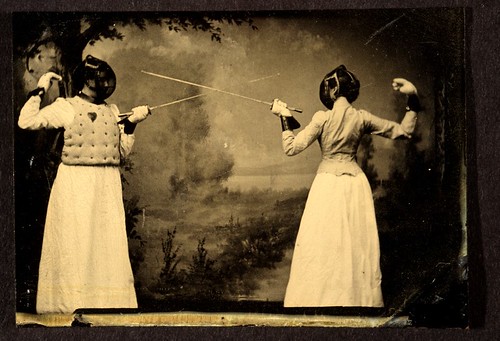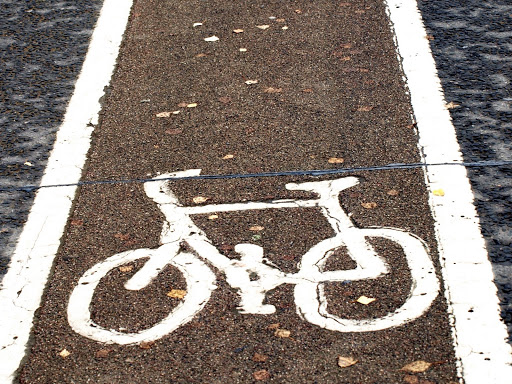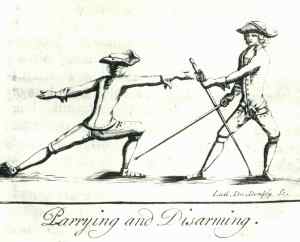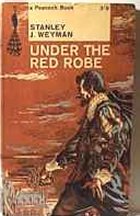winning a bout (an unusual event)

As readers of this blog will know, I don't expect to win. Occasionally I get a good hit or two but winning - except against beginners - is a pretty rare event. Of course, in my fantasies I could take on d'Artagnan or Cyrano, but in real life the clash of blades is usually followed by a point to my opponent.
Last week, however, I felt on good form. Physiotherapy and the use of a TENS machine had done wonders for the pain from my fractured vertebra. I headed to fencing feeling cheerful and unusually alert after several nights' sleep uninterrupted by pain. I'd forgotten how good that felt. Ignoring the twinges in my back from the weight of my backpack - I still can't risk cycling - I enjoyed the scent of flowers and mown grass in the light evening.
 Lilac blossoms stretched over the tarmac pavement and the path to the leisure centre was lined by cow parsley.
Lilac blossoms stretched over the tarmac pavement and the path to the leisure centre was lined by cow parsley.The fencing boys were away on half term but the fencer I think of as the Welshman was there. (He isn't actually Welsh.) More importantly, he was keen to fence epée. As usual, I didn't expect to win but I hoped I wouldn't too badly. Like me, the Welshman is a late starter but he's been fencing longer than I have and has entered competitions. He also takes part in other sports so is plainly more athletic.
Still, I was filled with enthusiasm, especially when I surprised myself and my opponent by scoring the first hit.

I was relaxed, which helped, and moving more freely than I have for months. This probably wasn't impressive but it gave me the confidence to think about strategy and vary my attacks. When we started to score doubles, and I was ahead, I realised that a run of doubles would be enough. But as we reached 9-8, my opponent was faster and the score went to 9-9. But somehow I'd achieved the sort of calmness I needed and went for the next hit. I scored. "10-9," said the Welshman, whipped off his mask and held out his hand.
I hadn't been sure whether we were fencing to 10 or 15 but I was certainly happy to stop with a victory at 10. Victories don't happen often.
Holding onto the epée piste, I persuaded an intermediate foilist less than half my age that he'd like to give epée a go. He has the height for it. He's fast, but he's not yet familiar enough with the weapon. His en garde was still based on foil and I even managed a wrist hit. I could also take advantage of that little pause that is characteristic of fencers used to establishing right of way. It wasn't easy to beat him 10-8 but it was easier than beating the Welshman. After we'd finished I explained about his en garde and the pause and suggested he ask one of the coaches for advice. I wonder if I'll ever beat him again.
It would be good to end this post with a victory but that isn't how the evening ended. I fenced steam against an experienced and younger foilist who has done quite enough epée to avoid the usual errors. I couldn't get to grips with her foil technique and found myself repeating errors. We weren't keeping score but it was easy enough to see that she smashed me. But I still got a few hits.






